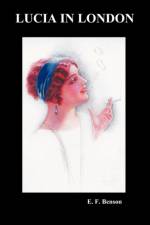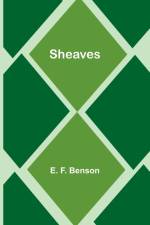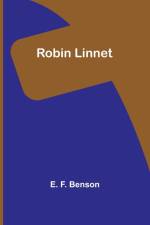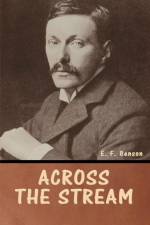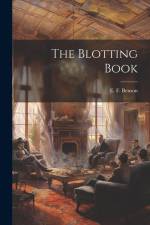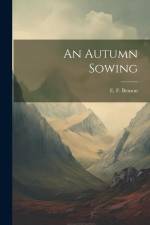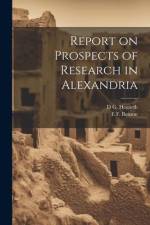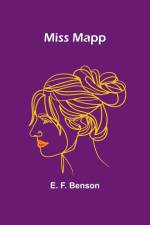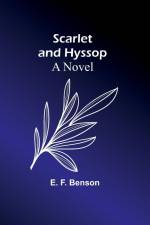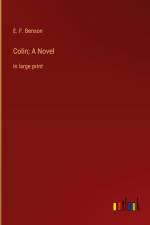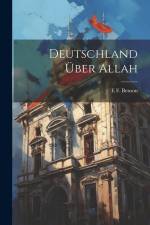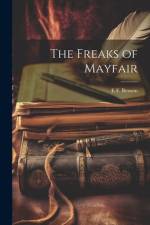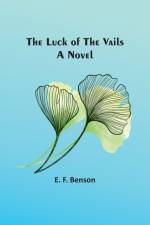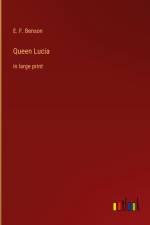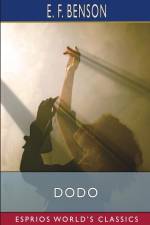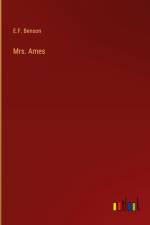av E. F. Benson
287 - 407
INTRODUCTIONThere is a very large class of persons alive to-day who believe that not only is communication with the dead possible, but that they themselves have had actual experience of it. Many of these are eminent in scientific research, and on any other subject the world in general would accept their evidence.There is possibly a larger class of persons who hold that all such communications, if genuine, come not from the dead but from the devil. This is the taught opinion of the Roman Catholic Church.A third class, far more numerous than both of these, is sure that any one who holds either of these beliefs is a dupe of conjurers, or the victim of his own disordered brain. This type of robust intellect has, during the last ten decades, affirmed that hypnotism, aviation in machines heavier than air, telepathy, wireless telegraphy, and other non-proved phenomena, are superstitious and unscientific balderdash. In an earlier century it was equally certain that the earth did not go round the sun. It is, happily, never disconcerted by the frequency with which the superstitions and impossibilities of one generation become the science of the next.The first part of this book may be accepted by the first of these three classes, the second by the second, and none of it by the third. Its aim is to state rather than solve the subject with which it deals, and to suggest that the dead and the devil alike may be able to communicate with the living.About the auther: E.F. Benson, in full Edward Frederic Benson, (born July 24, 1867, Wellington College, Berkshire, Eng.-died Feb. 29, 1940, London), writer of fiction, reminiscences, and biographies, of which the best remembered are his arch, satirical novels and his urbane autobiographical studies of Edwardian and Georgian society.The son of E.W. Benson, an archbishop of Canterbury (1883-96), the young Benson was educated at Marlborough School and at King's College, Cambridge. After graduation he worked from 1892 to 1895 in Athens for the British School of Archaeology and later in Egypt for the Society for the Promotion of Hellenic Studies. In 1893 he published Dodo, a novel that attracted wide attention. It was followed by a number of other successful novels-such as Mrs. Ames (1912), Queen Lucia (1920), Miss Mapp (1922), and Lucia in London (1927)-and books on a wide range of subjects, totaling nearly 100. Among them were biographies of Queen Victoria, William Gladstone, and William II of Germany. In 1938 he was made an honorary fellow of Magdalene College, Cambridge. Benson's reminiscences include As We Were (1930), As We Are (1932), and Final Edition (1940). (britannica.com)

